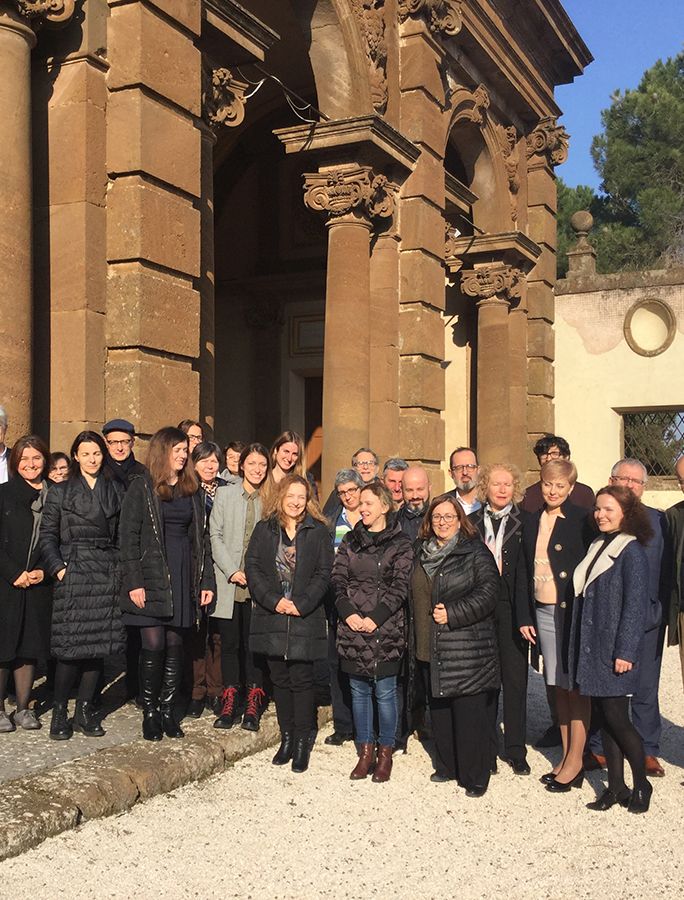First ResBios meeting in Lviv, Ucraine
First ResBios meeting
in Lviv, Ucraine
Though, a loose connection between research and society may have a wide range of consequences:
The Ivan Franko National University of Lviv team held their first meeting as part of their action plan, leading the Grounding Actions in Education, which are focused in bringing new and innovative practices into Higher Education.
The team led by Olena Stasyk, gathered colleagues Natallia Sybirna , Mariia Nagalievska and Mariya Sabadashka and a representative of a local company, which is interested in taking part of the project, bringing their expertise as a company, and therefore representing the Industry and Economy stakeholder.
The meeting took place at the Ivan Franko University last March 10th and intended to share information and clarifying goals for mutual collaboration. Having one company representative withing the Ucranian ResBios hub will enable to widespread the aims and actions among local potential partners. These actions enable networking, which has a relevant role in the early stages of the project.

